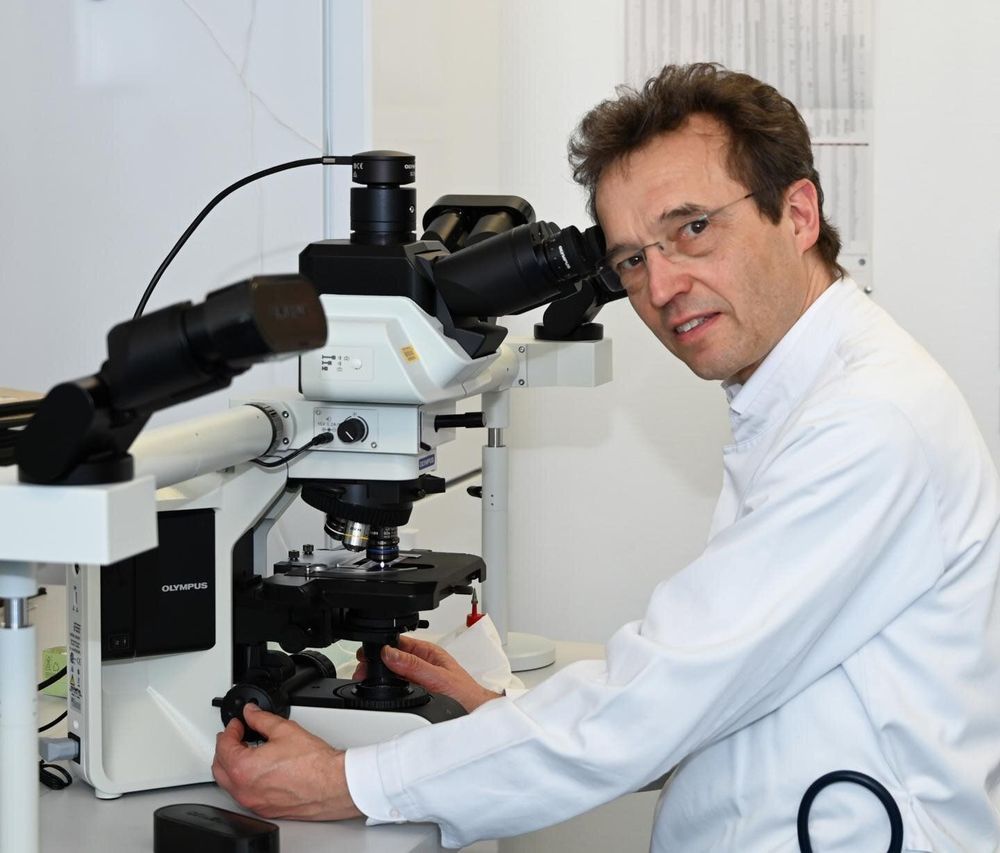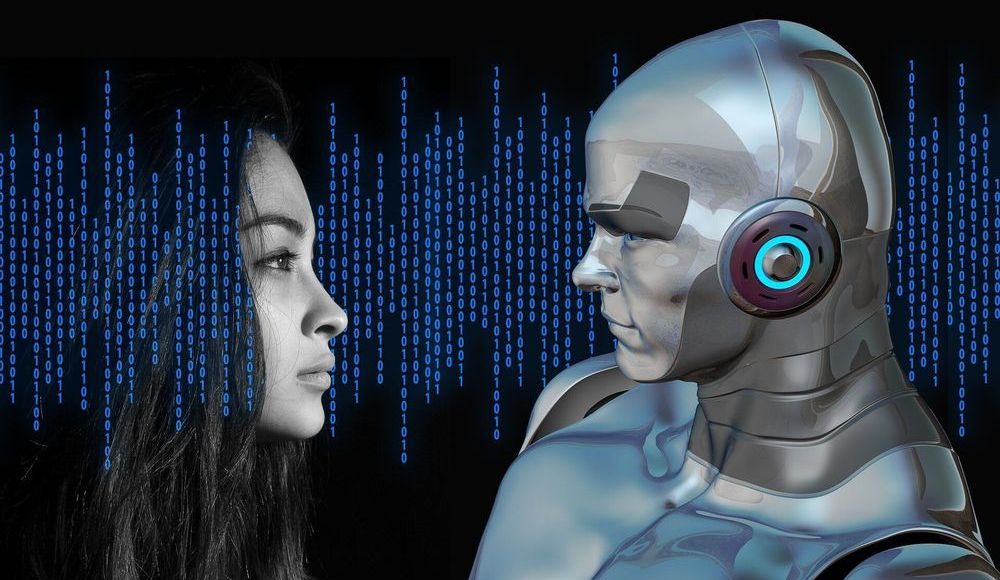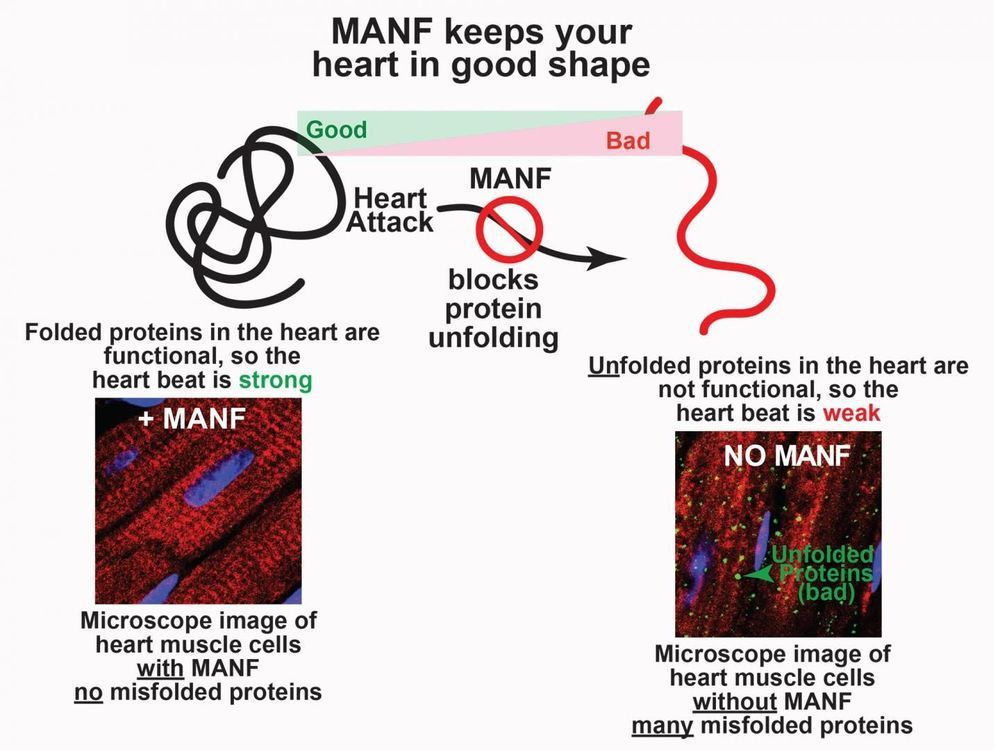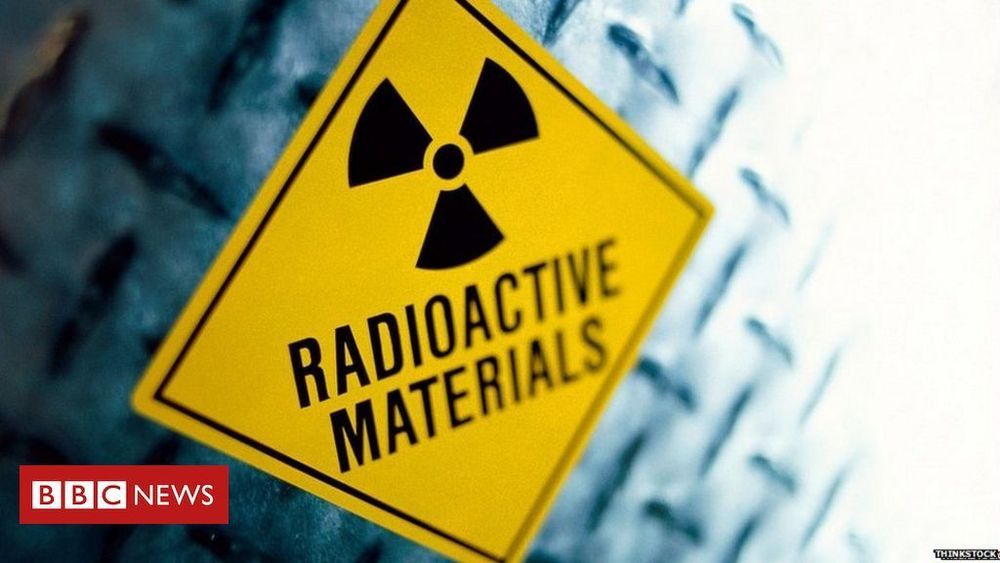Do you agree Eric Klien?
Tesla’s EBITDA will be almost twice as high as Uber’s in 2025, Morgan Stanley projected in a note to clients.


“We knew from Chinese publications that patients with a severe and even fatal course of the disease are characterized by a so-called cytokine storm,” Neubauer says. “During a cytokine storm, the body is flooded with substances that stimulate the immune system.” This overreaction of the body’s own defense system damages the tissue—making it all the easier for the invading virus to spread.
Neubauer suspected that the patient might respond to ruxolitinib, a drug originally used in cancer treatment. It inhibits enzymes in the body involved in excessive inflammatory reactions. “We suggested to our colleagues who were treating the patients that the cancer drug might be able to prevent the life-threatening effects brought on by the inflammatory damage to lung tissue,” Neubauer says.
Although the spreading SARS-CoV-2 coronavirus usually causes only mild respiratory symptoms, the COVID-19 disease progresses so severely in around five percent of those affected that acute respiratory distress can occur. “The mortality rate in these cases is high,” says Dr. Thomas Wiesmann, who attended the patient along with the intensive care team in the Department of Anesthesia and Intensive Care at Marburg University Hospital.

China launched the last satellite of the BeiDou Navigation Satellite System on Tuesday, marking the completion of the deployment of its own global navigation system. The mission, the 336th by the Long March rocket series, was a “complete success” http://xhne.ws/qCGPZ
– China launched the last BDS satellite on Tuesday, marking the completion of the deployment of its own global navigation system.
— The three GEO satellites, including the newly launched one, feature two distinctive creations of the BDS system — active positioning and short message communication.
— Compared with the BDS-2 system, the signals of the BDS-3 system have been upgraded to provide better services.

A.i assisting the doctors.
Artificial Intelligence (AI) is increasingly being used in medicine to support human expertise. However, the potential of these applications and the risks inherent in the interaction between human and artificial intelligence have not yet been thoroughly researched. The fear is often expressed that in future, as soon as AI is of sufficient quality, human expertise will become dispensable and therefore fewer doctors will be needed. These fears are further fuelled by the popular portrayal of this as a “competition” between humans and AI. An international study led by MedUni Vienna has now illustrated the enormous potential of human/computer collaboration.
The international study led by Philipp Tschandl and Harald Kittler (Department of Dermatology, MedUni Vienna) and Christoph Rinner (CeMSIIS/Institute for Medical Information Management, MedUni Vienna) now debunks the idea of this alleged competition, highlighting instead the enormous potential of combining human expertise with Artificial Intelligence. The study published in Nature Medicine examines the interaction between doctors and AI from various perspectives and in different scenarios of practical relevance. Although the authors restrict their observations to the diagnosis of skin cancers, they stress that the findings can also be extrapolated to other areas of medicine where Artificial Intelligence is used.
AI does not always improve diagnosis
In an experiment created by the study authors, 302 examiners and/or doctors had to assess dermoscopic images of benign and malignant skin changes, both with and without the support of Artificial Intelligence. The AI assessment was provided in three different variants. In the first case, AI showed the examiner the probabilities of all possible diagnoses, in the second case the probability of a malignant change and, in the third case, a selection of similar images with known diagnoses, similar to a Google image search. As a main finding the authors observed that only in the first case did collaboration with AI improve the examiners’ diagnostic accuracy, although this was significant, with a 13% increase in correct diagnoses.
Until recently, there has not been a treatment for the deadly coronavirus. However, that is about to change with the discovery of a new compound: Dexamethosone! With this compound, the worst cases of the coronavirus have seen an increased survival rate.
PS: The stock footage from this photo comes from Videvo!
Discord Link: https://discord.gg/brYJDEr
Patreon link: https://www.patreon.com/TheFuturistTom
Please follow our instagram at: https://www.instagram.com/the_futurist_tom/
For business inquires, please contact [email protected]

In “2030: Beyond the Film” Director Johnny Boston discusses the futurist FM-2030, the Coronavirus Pandemic, and a range of urgent issues in the medical, philosophical, longevity & futurist space with leading voices.
In this episode, Boston talks with David A. Kekich on why Kekich believes working towards Biological Superlongevity should be the first goal of Transhumanists and futurists.
About David A. Kekich: (from Maximum Life Foundation)
David Kekich is President/CEO of Maximum Life Foundation that focuses on aging research. In 1999, he realized the inevitability that science will someday control the human aging process. He understood human beings will someday be able to enjoy very long health spans by studying aging research, the root cause of most deadly diseases. The problem? He was in a race against the clock. He was faced with the possibility of being part of the “last generation to suffer from heart disease, cancer, Alzheimer’s and other aging related diseases”. His solution was to further that aging research and hopefully move it forward by establishing the Maximum Life Foundation.
Maximum Life Foundation Website:
https://www.maxlife.org/
About 2030 the film:
Johnny Boston was 10 years old when he first met FM-2030, a futurist who intended to live forever. But in 2000, after his body ceased to function, FM was cryonically preserved. 16 years later, an unexpected call places FM’s future in Johnny’s hands.
Directed By: Johnny Boston

North Korea’s embassy in Moscow has threatened to use its nation’s nuclear weapons against the United States in what they claim would be “a particularly sensational event,” a Russian state-owned news agency reports.
The reporting comes from the TASS news agency, a state-owned wire service known largely as a propaganda outlet for the Kremlin, which claims the embassy sent them the threat in the form of a statement over the weekend.
The agency quotes the embassy as stating, “This year, the U.S. military has been carrying out various kinds of military maneuvers in South Korea and its vicinity with the purpose of striking North Korea quickly.”

The waste will reportedly be moved by sea and rail to a plant in the Urals.
Urenco told the BBC its uranium would be further enriched in Russia and the process met environmental standards.
But environmental activists have long been concerned that Russia may become a “dumping ground” for radioactive waste from power plants.

We’ve reported on several eye-catching floating architecture projects lately, including a “parkipelago” and a greenery-covered office. This solar-powered urban poultry farm is the most off-the-wall idea of the bunch though and, assuming it goes ahead as planned, will host roughly 7,000 egg-laying hens, as well as an area for growing food, in a harbor in Rotterdam, the Netherlands.
The building is officially named Floating Farm Poultry and was designed by Goldsmith for a company named Floating Farm Holding BV.
It will be based on a floating platform with three pontoons and will measure 3,500 sq m (roughly 37,670 sq ft), spread over three floors. Its interior layout will consist of a lower level used for farming vegetables, herbs and cresses under LED lighting, while upstairs will be a production factory floor for processing and packaging. The uppermost level is conceived as the poultry area and will contain the egg-laying hens.